We all know that to become better at riding your bike, you need to train to get results. By training hard we stress our body physically. During the recovery periods after hard cycle training is when the body adapts. This natural cycle training effect is sometimes called positive adaptation or super compensation. And.. it is this training effect that provides us with our cycling performance increase enabling us to ride our bikes longer, faster… and stronger.
There are two key components involved to invoke this natural training effect in our bodies to enable us to become better cyclists:
1. Proper targeted and structured regular cycling training
2. Proper rest and recovery
These are some of the fundamental training truths of cycling training. Regardless of whether you are training for a recreational ride or the cycling world championships. These cycle training truths are the same for everyone.
Often overlooked and one of the key factors in this process is proper rest. It is when you are resting that your body does its magic and makes the necessary physiological adaptations; transforming you into a better bike rider. For this process to work you need to give your body the rest it requires to fully recover from your hard training efforts. When this is balanced you feel great. You are in good health; you sleep soundly, wake up without an alarm clock and are in a good mood. Most importantly you are ready to commit one hundred percent to your next hard cycling training session. I call it goldilocks cycle training. Not too much and not too little. It is just right.
Get it wrong and the opposite happens when you increase the intensity of your training without allowing your body to recover properly by giving it the right nutrition, recovery time or sleep it needs. Being stressed also plays a big role in your recovery time too. You’ll need more time to recover from your training before you can go hard again. In these cases it is best to ride out these periods with a lower intensity or volume of training until things get better.
When you continue to train under these circumstances and don’t allow your body proper recovery you end up “over reaching”. This is when you train beyond what you your body is physically able to undertake. This is common when cyclists don’t have a structure plan against specific targeted zones and do a lot of bunch riding. If you carry on, you can become ill and be forced to take time off the bike. This can set you back in your training and may mean that you are either not properly prepared for or miss the event entirely you were trying so hard to compete in.
The normal three weeks on and one week off training cycle, naturally builds in a period of proper recovery into your cycling training program. We call this a “four week block”. This is when you progressively build the intensity week on week for three weeks with the last week; week four, being a fairly easy week. For most cyclists this training cycle works very effectively. As you get older recovery becomes even more important and you may prefer a two week on and one week off training cycle, to ensure adequate recovery in your cycling training program. A cycling training plan is built up of these four week blocks. Each of them build on the previous block and as they get progressively harder and more specific leading up to the event. The last four weeks focuses on highly specific cycle training and tapering just before you compete.
Measuring your cycling intensity week on week is important to ensure that you are able to progressively load your body in a managed and scientific way. One way to do this is to measure you resting heart rate in the morning. A sign of not enough recovery is that it will be higher than normal. Also, check yourself for other signs of overtraining; that of being overly stressed or tired or a loss of motivation, depression or poor sleep.
Sometimes just taking a day off when you are feeling a little tired is all you need. One day off the bike is better than a week off due to illness.
Finally, we can help you set out a cycle training plan that can incorporate where you are at in your cycling career with specific attention to the style of bike riding and cycle racing you intend to do. It can be done remotely and is specifically geared for a busy cyclist that has to fit their cycle training around family and work commitments.

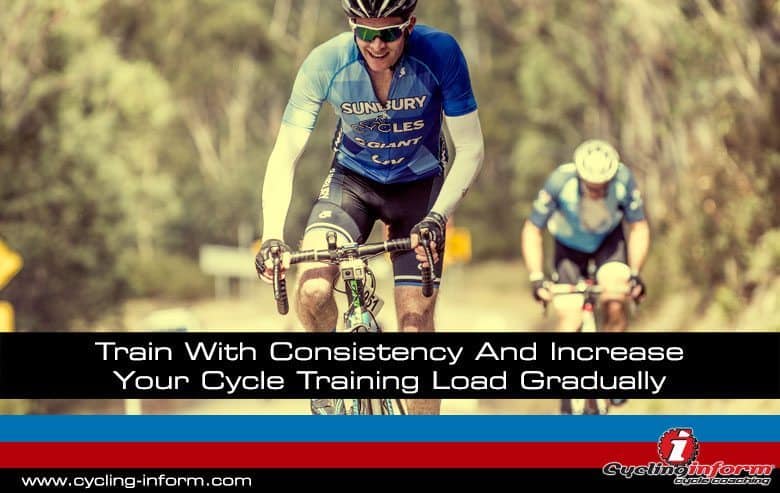
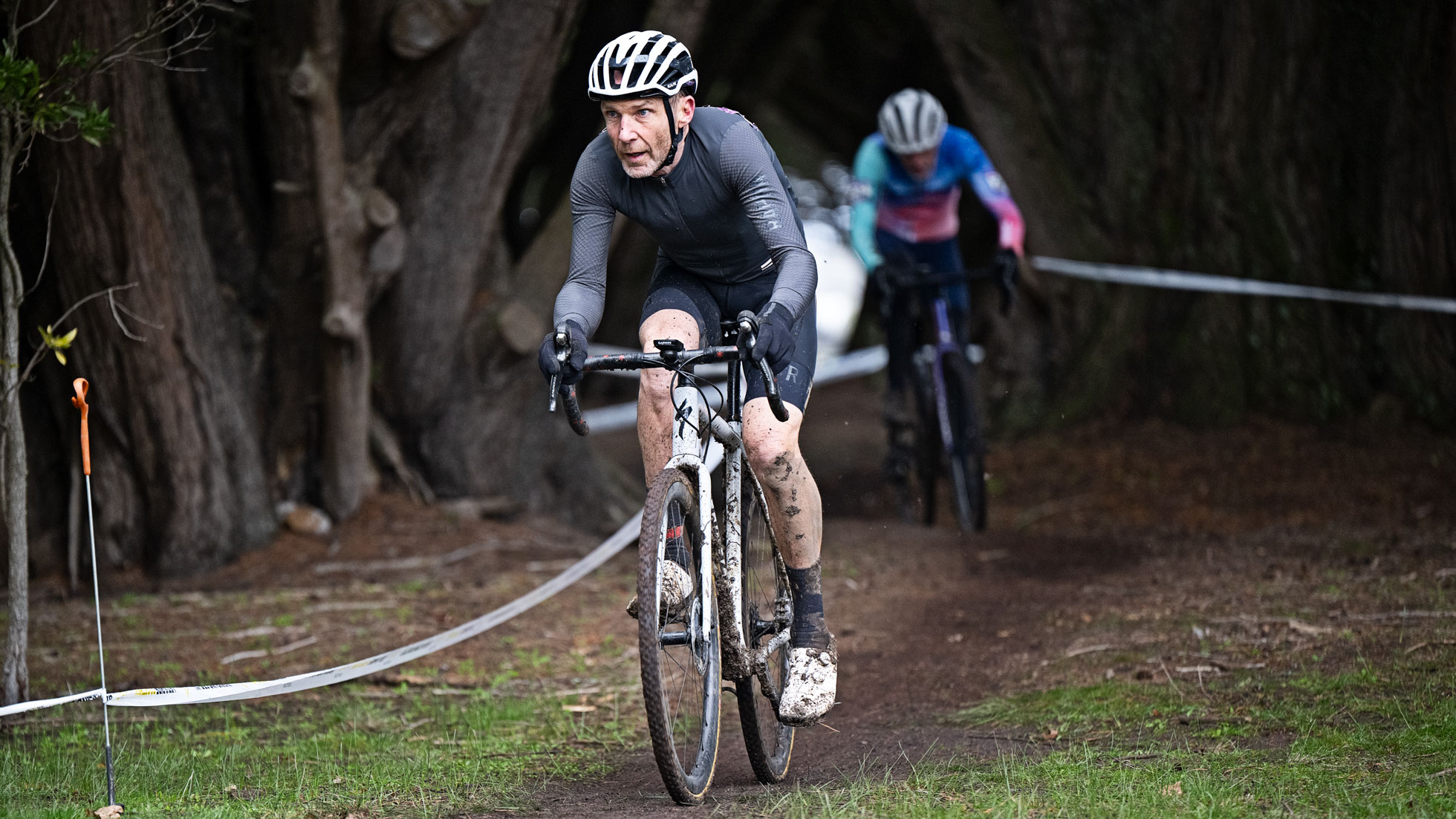
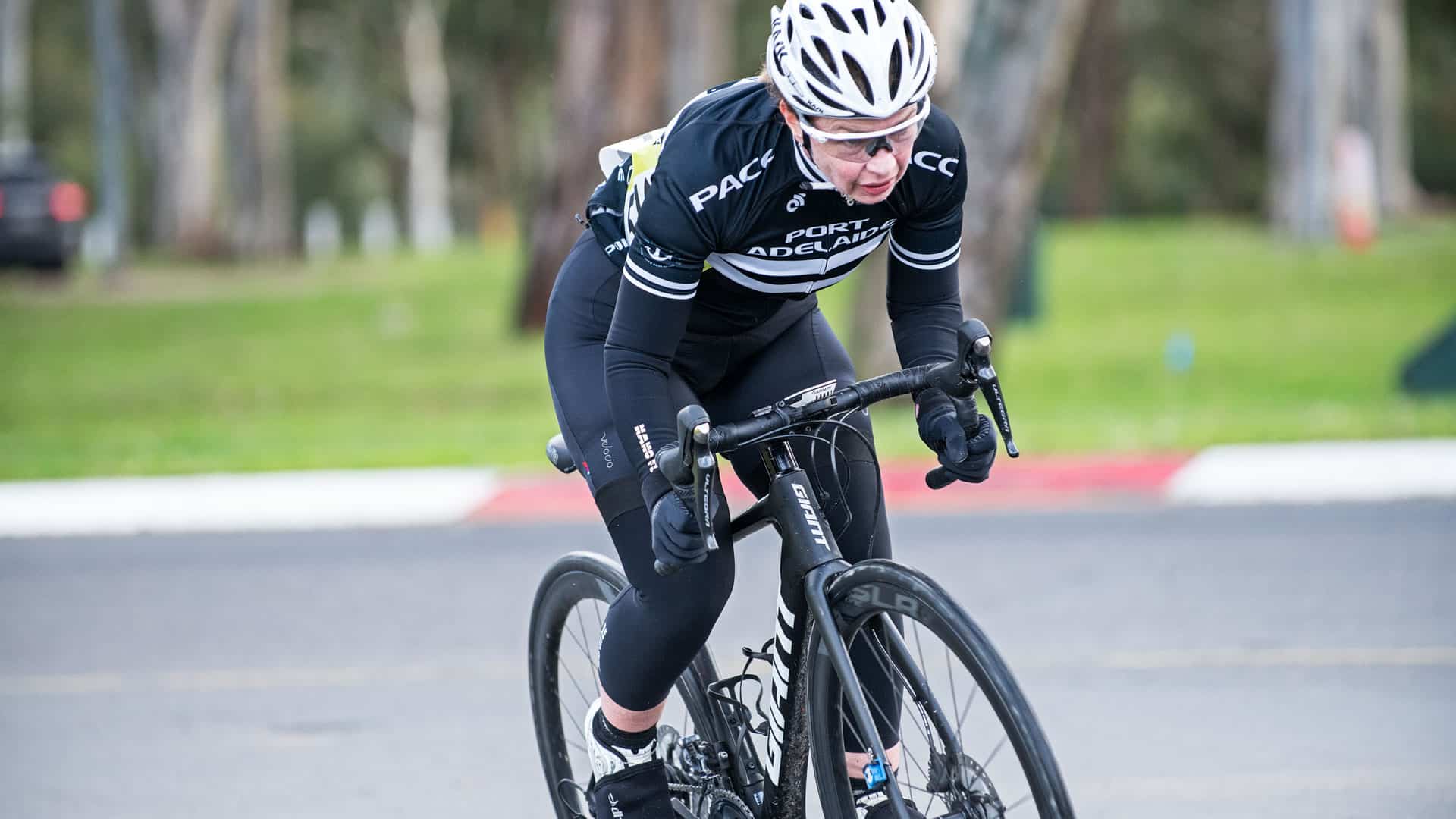
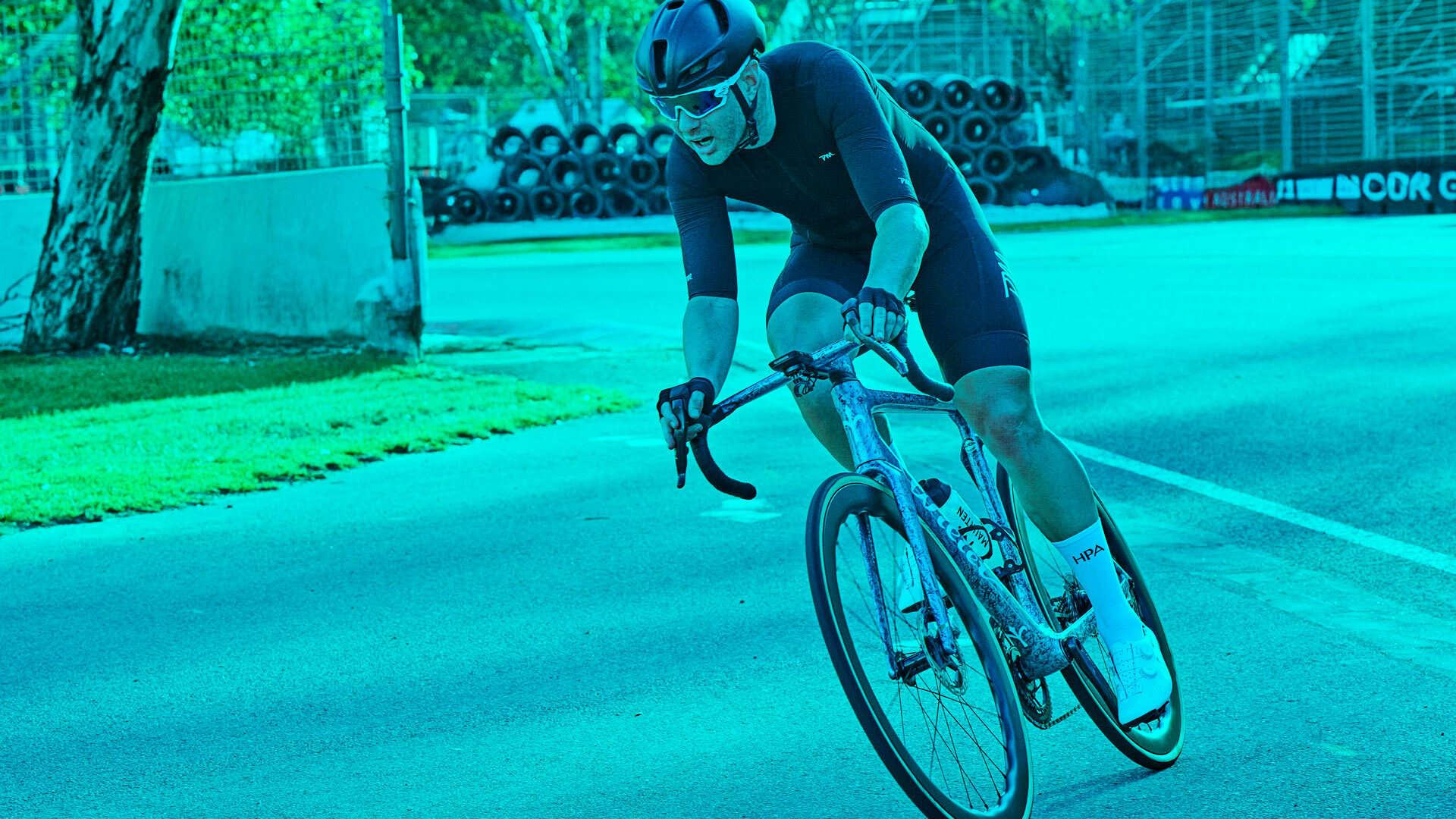
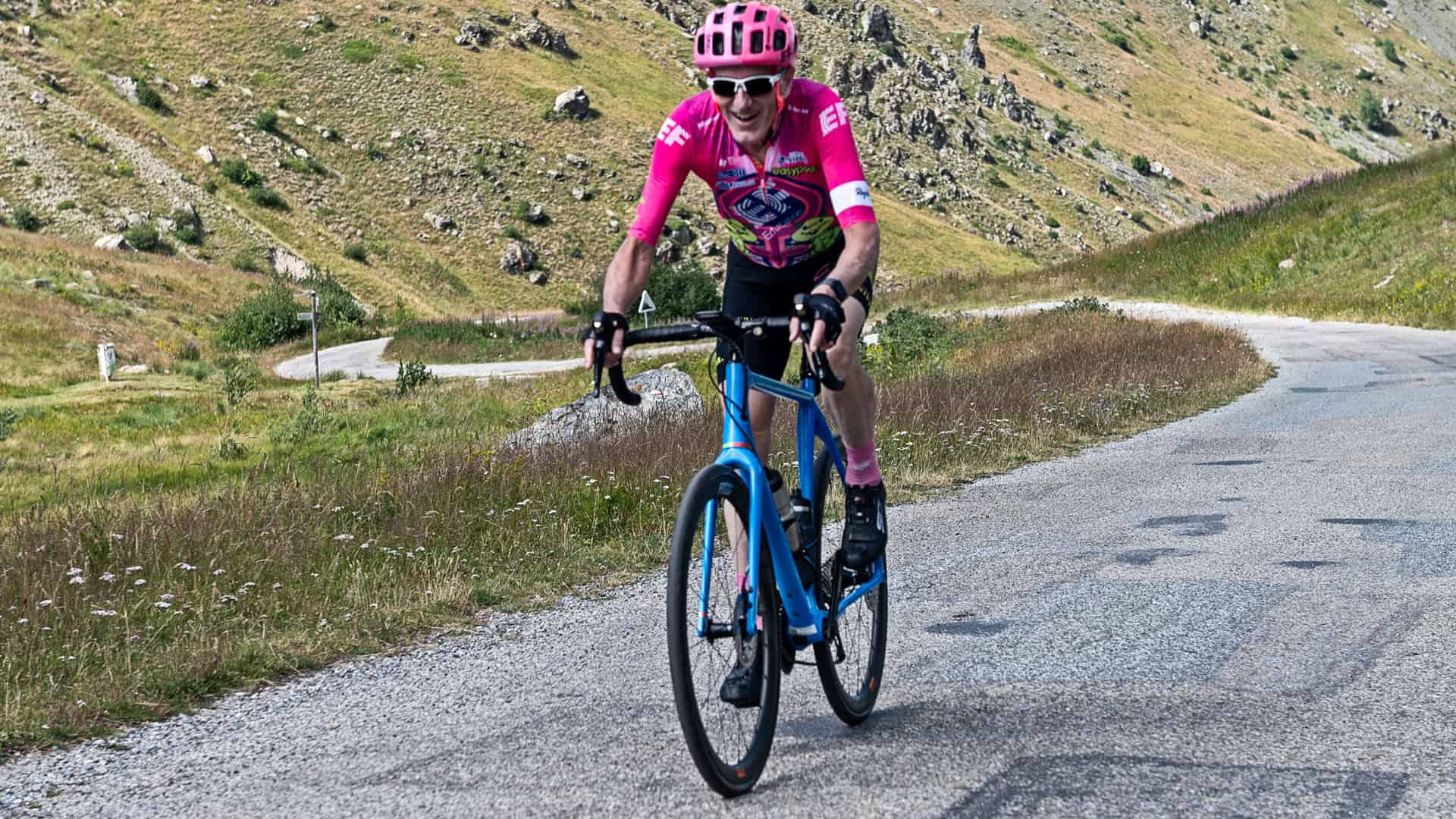
Leave A Comment